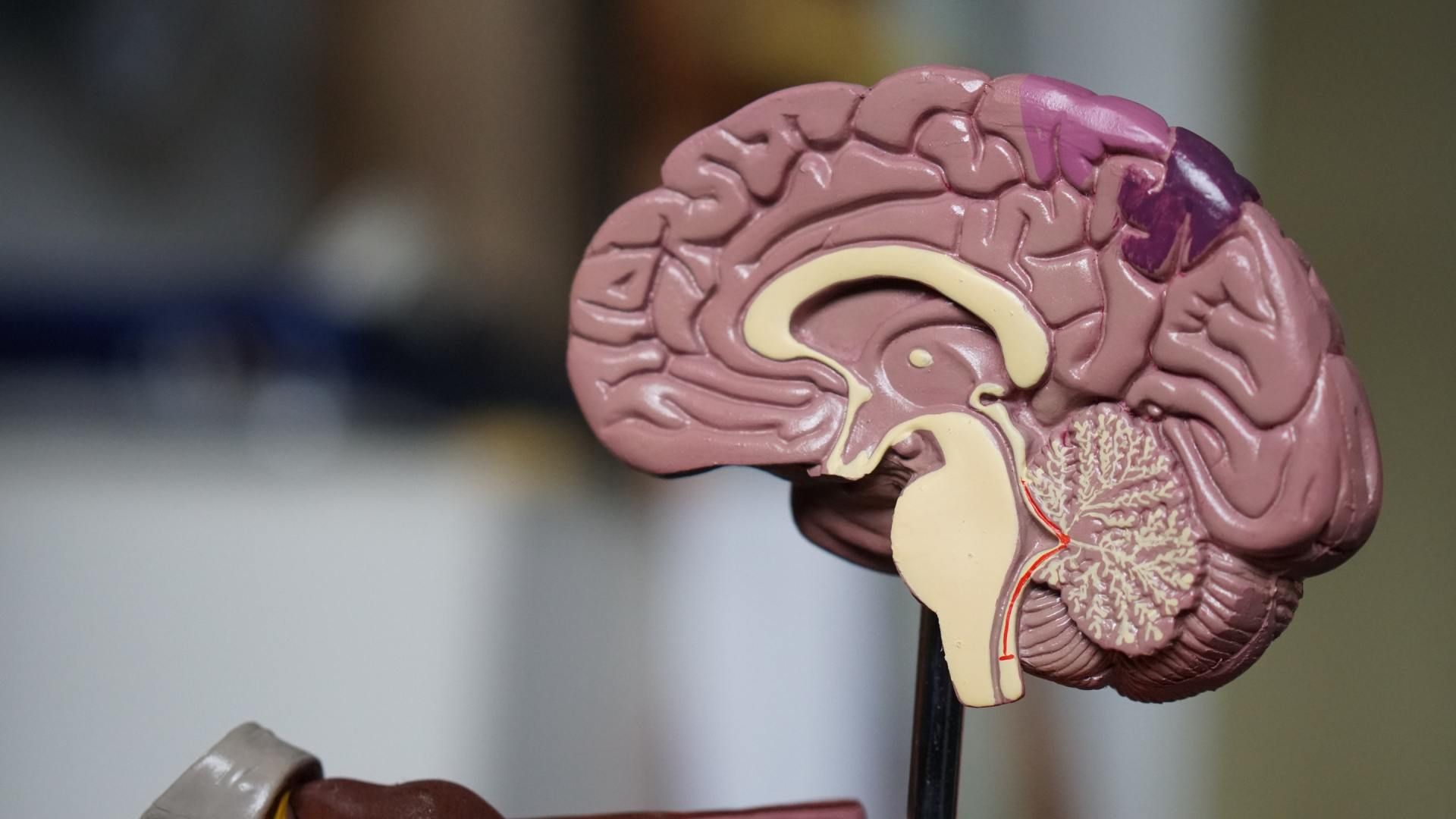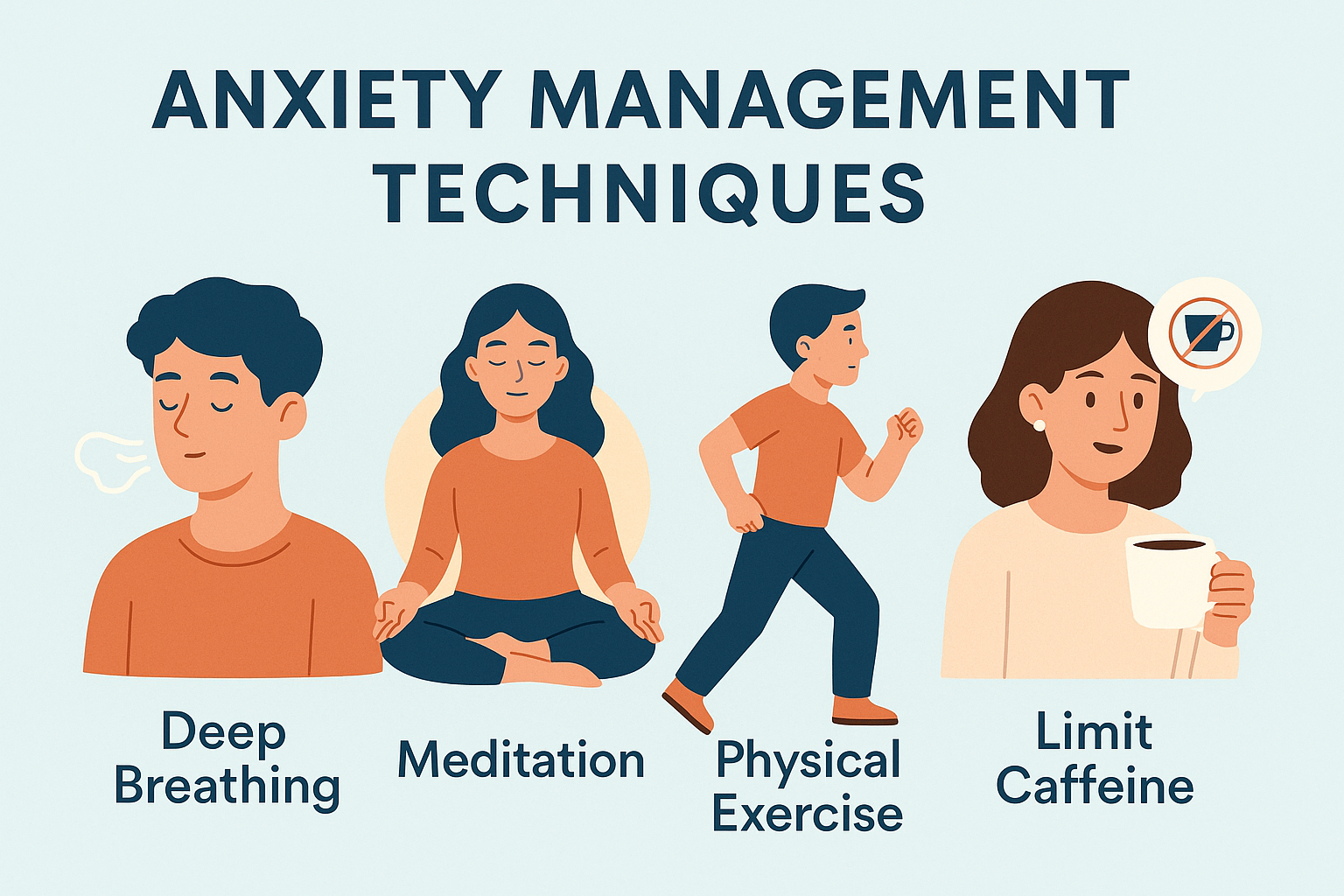
How Autism Affects the Brain
October 26, 2020
Behavioral Therapy Can Benefit Those with Autism
In the past few years, more information has emerged about how autism impacts the brain. New studies show those with autism have more connections between their brain cells, known as synapses, in sensory areas of the brain. The more severe the case of autism, the more synapses are present.
All this means that those with autism tend to experience increased sensory sensitivities. Early on, children may be slower to develop skills like speaking or have trouble with eye contact. Later on, autism symptoms may range from poor social skills to intense, focused interest and strict adherence to routines. While not all symptoms of autism negatively affect someone’s life, there are many that can have an impact on both the child with autism and their family.
Fortunately, new studies mean that new therapies and
treatments
are developing to treat the negative symptoms of autism. Behavioral therapy is one such treatment which can help children with autism. At Beckloff Behavioral Health Center, we provide behavioral therapy, play therapy, family therapy, and
child therapy
services for children with autism to help them and their parents deal with some of the behavioral-related issues that may come up. The therapy provided by our behavioral health facility can help develop your child’s social skills, language skills, and more.
Every child is different and may benefit from a different kind of therapy or treatment, and family counseling will be different depending on family dynamics and circumstances. The best way to find out what plan will help your child is to call Beckloff Behavioral Health Center to schedule an appointment for an autism spectrum assessment.
We would love to meet you and your child to provide an autism spectrum test to get you started. We proudly serve those in Dallas, TX and the surrounding areas, and we can provide you with services at our facility or virtual counseling.
Contact
us today and let us help you!



